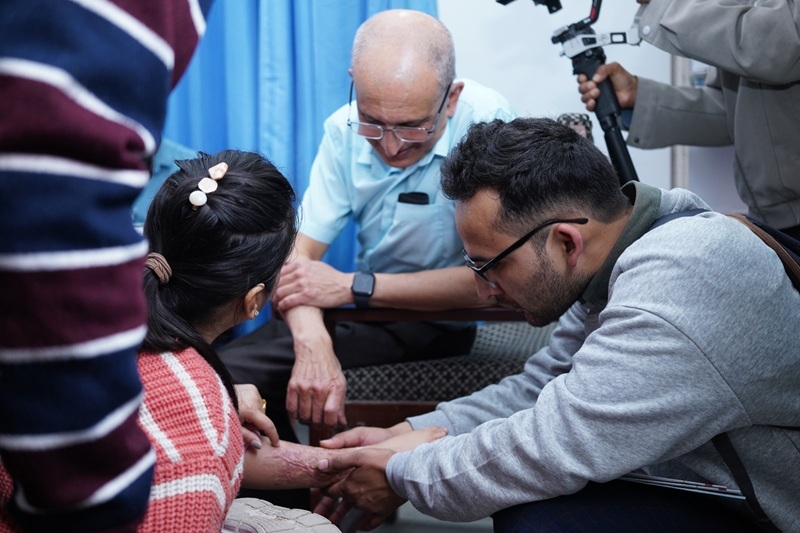WFII Calls For Early Insurance Education to Enhance Consumer Financial Literacy
15th October 2024, Kathmandu
As consumer advocacy grows louder, there is increasing focus on financial education at both international and national levels. The Organization for Economic Cooperation and Development (OECD) has emphasized that a key component of financial education is enabling consumers to understand and evaluate insurance products.
WFII Calls for Early Insurance Education
Financial literacy helps individuals make informed decisions about which policies suit their needs, ensuring they are adequately protected.
Financial education is the process of enhancing consumers’ understanding of financial products, concepts, and risks. With proper knowledge, guidance, and unbiased advice, consumers can identify financial risks, make informed decisions, and know where to seek help. According to the OECD, financial education goes beyond simply providing information; it plays a crucial role in guiding consumers through the complexities of financial products, especially insurance.
The World Federation of Insurance Intermediaries’ Stance
The World Federation of Insurance Intermediaries (WFII) has called for a focus on insurance education starting from the school level. The Federation highlights the importance of educating individuals about financial and insurance-related topics early in life.
WFII’s Key Recommendations:
Educational Programs:
Insurance education should be incorporated into school curriculums. These programs should cover more than just policies—they should clarify the roles of various market players, including regulators, insurers, agents, brokers, policyholders, and consumer protection departments. This will raise public awareness and improve the overall functioning of the sector.
Target Audience:
Insurance education initiatives should primarily target individuals, particularly those involved in private insurance and small businesses.
Government Initiatives:
Governments must recognize the economic and social importance of the insurance sector and reflect this in financial education initiatives. These efforts should provide objective information that enables the public to make better financial decisions.
Neutral Campaigns:
Educational campaigns should maintain a neutral stance, free from competitive bias, and counter any negative perceptions of insurance with a positive outlook.
Risk Awareness:
Government activities should prioritize creating awareness about the necessity of insurance and the risks involved. Citizens must be informed about the importance of the availability and quality of insurance solutions.
Regulatory Clarity:
Governments should ensure clear regulations and well-defined roles of supervision within the insurance sector.
Private Sector Collaboration:
The WFII has developed a document on the role of intermediaries, which is available for stakeholders to use. National insurance associations can adapt this document to local contexts and engage with governments in discussions around insurance education initiatives.
Role of Regulation in Public Education
Despite the globalization of markets, significant differences remain in market structures and systems worldwide. While some high-level principles exist, establishing detailed international best practices may prove challenging, making it difficult to achieve universally applicable outcomes.
Therefore, any national initiatives in this area must be developed closely with relevant national associations. This should lead to a better understanding of regulation rather than just increasing regulation.
In today’s context, the need for improved financial literacy in insurance is more urgent than ever. Governments, educational institutions, and private sector stakeholders working together can equip consumers with the necessary tools to make informed financial decisions, ultimately improving their overall economic well-being.
Conclusion
As the demand for better insurance education rises, collaboration among government bodies, educational institutions, and private sectors will be crucial in providing consumers with the knowledge and tools they need to make informed decisions. With improved understanding, consumers can better navigate the complexities of insurance products, ensuring their financial security and well-being.
For more: WFII Calls For Early Insurance Education







